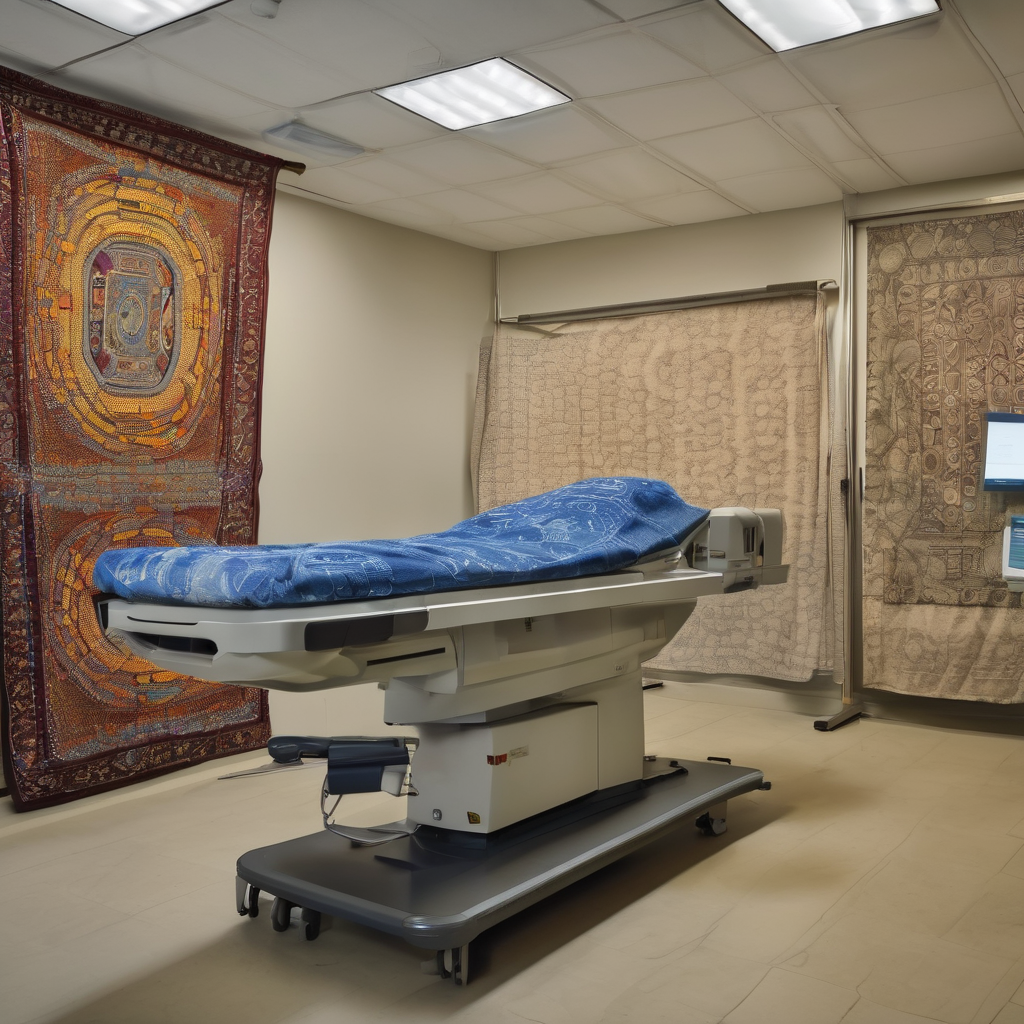Two years after the installation of a vital CT scan machine at Labasa Hospital, the equipment remains non-operational as the facility awaits funding to upgrade its power supply. Dr. Jaoji Vulibeci, the hospital’s medical superintendent, emphasized that the current situation is beyond the hospital’s immediate control.
“We’re waiting for an upgrade to our power system, which includes installing a new transformer,” Dr. Vulibeci explained. Though the machine is physically present, it cannot operate without the essential power enhancements. The delays seem to stem from the slow approval process for funding, which falls under the Ministry of Health’s jurisdiction.
The hospital’s proactive approach has not alleviated the pressure on resources in the Northern Division, as emergency cases continue to be referred to facilities in Suva for CT scans. Dr. Vulibeci highlighted the unfortunate reality that residents may need to travel long distances for crucial diagnostic services until the new transformer is installed.
Despite the challenges, he remains optimistic that a resolution may be on the horizon, potentially within the week. The hospital is providing support for patients travelling for care by covering airfare, while patients are responsible for their meal and accommodation expenses.
This situation highlights broader concerns in the region, where residents have been facing increased financial burdens for medical imaging due to a cessation of government funding for CT scans at private providers. Observations from previous reports reveal significant delays in securing electrical upgrades at Labasa Hospital, which are critical for reinstating comprehensive medical services.
The ongoing delays underscore the urgent requirement for improved coordination between health authorities and local government to ensure the maintenance and expansion of vital medical infrastructure. Local leaders and stakeholders in Labasa are hopeful that enhanced engagement will lead to meaningful improvements in healthcare accessibility and services for residents in the Northern Division. The community’s collective efforts indicate a strong desire for better healthcare outcomes in the face of current challenges.
